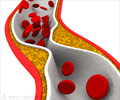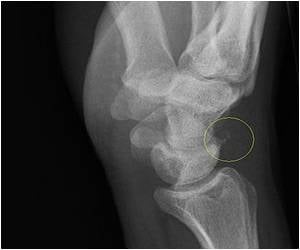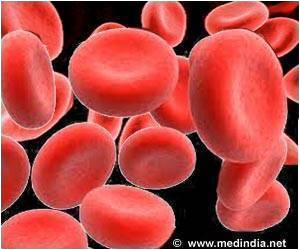Some fats have been linked to ailments like heart disease and diabetes, while others, like those often found in plants and fish, have well documented health benefits.

The answer may lie in how different fats interact with the microbes in our guts, according to researchers from the University of New Mexico and Northwestern University.
They assumed that some fats might encourage the growth of harmful bacteria in the digestive system. Our bodies have evolved to recognize those fats and launch an immune response to pre-empt the impeding changes in harmful bacteria. The result is low-level inflammation that, over the long term, causes chronic disease.
"Although the inflammatory effects of [fats] are well documented, it is less well appreciated that they also influence bacterial survival and proliferation in the gastrointestinal tract," said the researchers, led by Joe Alcock, of the University of New Mexico Department of Emergency Medicine and VA Medical Center.
Some fats-mostly unsaturated fats-actually have strong antimicrobial properties. They react chemically with bacterial cell membranes, weakening them.
"If you expose unsaturated fats on bacteria, the bacteria have a tendency to lyse. The combination of long chain unsaturated fats, especially omega-3 fatty acids, and innate host defenses like gastric acid and antimicrobial peptides, is particularly lethal to pathogenic bacteria," Alcock said.
Advertisement
And it's these differing microbial effects, Alcock believes, that are at the root of why some fats are inflammatory and some aren't. To test that notion, the researchers poured through years of research on both the microbial effects of fats and their inflammatory effects.
Advertisement
In a sense, the researchers said, the presence of saturated fats sets off an "early warning system" in the body. When fats that encourage bacterial growth are present, the body prepares for unwelcome microbial guests with an inflammatory immune response.
And while that response may help fend off infection in the short term, the constant presence of such fats could cause the body to spiral into diseases related to inflammation, like heart disease.
The researchers caution that while this hypothesis is well supported by current data, there's much more research to be done.
They described their work in latest issue of The Quarterly Review of Biology.
Source-ANI














